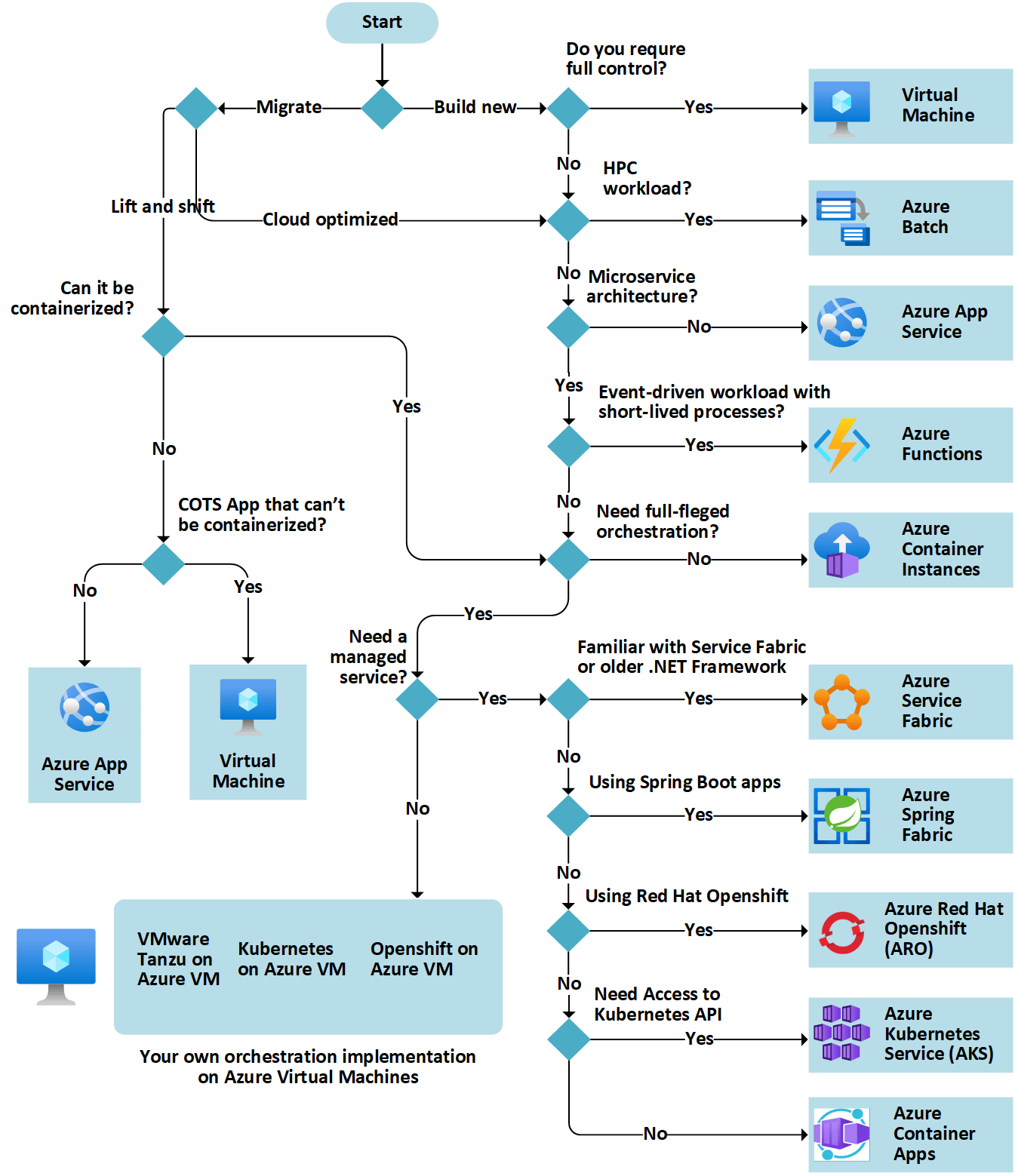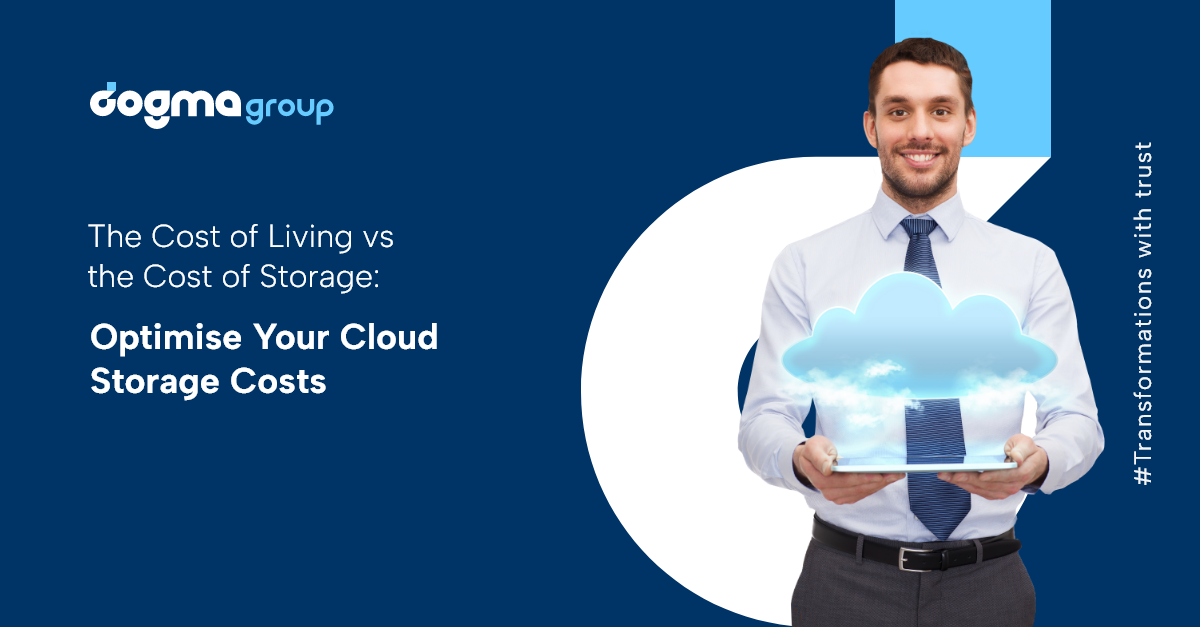Is your storage pricing and license costing you your living?
Have you forgone quality data due to rising cloud storage costs?
As “Big Data,” “Data Lake,” and “IoT” become mainstream, demand for reliable, scalable, and affordable data storage servers has grown exponentially.
An exceptional amount of the global economy is embracing data-driven strategies and cloud migration as a future-proof storage solution. But one key factor that’s often overlooked by the companies while switching to cloud storage is Neglected cloud storage costs and their optimisation!
Whether you are an entrepreneur trying to disrupt the industry or an enterprise looking to scale further, it is crucial to apprehend the hidden costs associated with cloud storage. Luckily, you have landed here to unravel every enigma about cloud storage.
Cloud Storage: Hidden Costs You Did Not Know Existed
Did you know that about one-third of cloud spending is wasted annually by organisations adopting cloud technology?
Limitless in terms of computing power and storage capabilities, cloud computing is used and paid for “as-needed,” so companies only pay for what they use and can scale up or down as needed. However, as a decision-maker or CTO, one should be aware of the hidden cloud costs that can add up if not optimised or managed carefully. Therefore, they must design optimised, reliable, affordable storage policies, processes, and models.

As per a research study conducted by the Cloud Security Alliance, 69% of enterprises are already moving business-critical information into the cloud, leading to many migration challenges and cost concerns. The Cloud Computing Trends: Flexera 2022 State of the Cloud Report showed that organisations indicated their public cloud spend was over budget by an average of 13 percent, and expect their cloud spend to increase by 29 percent in the next twelve months. The findings explain why it’s crucial to do cloud storage cost optimisation, and our experts are here to help!

Many of you are aware of the capacity costs of clouds (i.e., costs per GB). However, still, few are unaware of the hidden costs such as performance costs (cost/IOPS: Input/output operations per second), snapshot (backup) costs, clone/copy costs, support costs, and data egress costs (data download costs). Without in-house or external professionals who understand and practice cost optimisation techniques, your company will be at risk of expensive cloud storage costs.
Key Factors That Can Increase Your Hidden Storage Costs:
1. Poor Scoping & Weak Solution Architecture
Without extensive scoping and proper cloud “landing zone” design (that depicts the underlying core configuration of any cloud adoption environment), companies fall into the pit of irreversible security and compliance damage, which can be pretty expensive.
2. Failure to understand indirect costs
As you continue to scale your business, you require varying computing needs depending upon the data storage and workloads, the cost of which is quite challenging to predict. Lack of proper insights, transparency and communication with your vendor can subject you to hidden costs.
Other costs such as bulkier cloud storage than required or insensible one-way network charges to download your data, or untracked transaction fees can also increase your storage costs.
3. Choosing the wrong cloud partner
Is your cloud migration partner cloud-agnostic? Do they understand the ins and outs of your business? In most cases, the decision-makers and IT stakeholders tend to go for partners offering lower pricing and quick migration without considering the experience and their own capacity needs. Unfortunately, these decisions frequently result in errors and rework, resulting in higher long-term expenses.
How Dogma Group Can Make Your Cloud Costs Sustainable
Cloud cost optimisation is the technique of cutting down your overall cloud spend by spotting key criteria such as unused resources, eliminating waste, reserving capacity for more discounts and right sizing your computing services to scale.

As a Microsoft Gold Partner with 18+ years of experience in the cloud migration scene, Dogma Group can help you manage your cloud spending and unlock cloud benefits tailored to your business.
We can easily set up and configure affordable storage solutions and platforms such as Microsoft Azure Blob or Azure SQL solution within your Dynamics 365 environment. From licensing evaluations to feature development, we can assist organisations in cutting down their Dynamics-related costs with product-agnostic and best-fit cloud customisation and optimisation approach.
As a trusted advisor, we will decode your cloud costs and ensure that you get efficient spending returns without any hidden costs or cost overruns.
Let’s explore some guaranteed ways to optimise your cloud storage costs internally and build a sustainable storage solution.
1. Find and shut down unused resources
The first step to a robust cloud optimisation strategy is identifying and removing unused resources. Often, a developer would “spin up” a temporary server to perform a task and then forget to shut it down upon completion. Another common scenario is when an administrator forgets to delete storage from instances that are being terminated. Unfortunately, this is a common occurrence and can increase your Azure bills as these will be the charges for resources that once purchased but are no longer used.

2. Optimise virtual machine spending by right-sizing
Although certain application scenarios can result in low utilisation by design, you can often save money by managing the size and number of your virtual machines. Microsoft Azure uses machine-learning algorithms to identify low utilization and to identify the ideal recommendation to ensure optimal usage of virtual machines. The recommended actions are shut down or resize, specific to the resource being evaluated.
3. Set up a fixed budget
Setting up budgets is crucial when you’re new to the world of cloud computing. Your monthly budget will depend on your needs. If you only need email hosting, then your monthly budget will be much lower than if you were creating a database-driven website with lots of storage. Once you’ve established a budget for yourself and have a strategy in place, it’s time to start optimising your costs.
4. Choose the right Azure compute service
Azure offers many ways to host your code. Operate more cost efficiently by selecting the right compute service for your application. If you are unsure about which compute service to choose, consult with Dogma Group Azure experts. For more info, click: Choose an Azure compute service – Azure Architecture Center | Microsoft Docs flowchart to select a candidate compute service.

5. Adopt Microsoft Cost Management Service
Businesses can take advantage of the tools included in Microsoft Cloud to get more value out of the cloud and implement financial governance in your organisation by leveraging their cost management service. It is a suite of tools provided by Microsoft that help you analyse, manage, and optimise the costs of your workloads. Using the suite helps ensure that your organisation is taking advantage of the benefits provided by the cloud.
Market Leading Solutions to Reduce Your Cloud Storage Costs
Leading CRM and cloud solutions providers such as Microsoft Dynamics 365 offers 10GB free dataverse storage, 20 GB for files and 2 GB for apps log for a tenant. But as your client and talent acquisition accelerates, your default tenant limit will not be sufficient.
Fortunately, there are ways to minimise your Dynamics365 storage costs by switching to a more flexible and affordable solution, the market-leading one being Azure Storage. Azure Storage offers highly scalable, durable, accessible, affordable and secure storage solutions and cloud databases for a variety of data objects in the cloud including Azure Blob Storage, and Azure SQL.
Microsoft Azure Blob Storage
Simply put, Azure Blob Storage is a managed cloud storage service designed to store copious amounts of unstructured data, which is later accessible via hosted on-premises and in the cloud over HTTP/HTTPs protocols.
It is designed for:
- Serving images or documents directly to a browser.
- Storing files for distributed access & Streaming video and audio.
- Writing to log files.
- Storing data for backup and restore, disaster recovery, and archiving.
- Storing data for analysis by an on-premises or Azure-hosted service.
The solution is scalable, durable and highly secure with the pay-as-you-go model. Dynamics 365 will view and recognise all notes or attachments stored in Azure Blob as if they were within the Dynamics 365 tenant after it is deployed and configured. The pricing is comparatively affordable compared to Dynamics 365 additional storage costs. You can click here to view the pricing plans.
Azure SQL (Structured Query Language)
Azure SQL Database is one of the widely used repositories for hosting transactional data. It is the family of SQL cloud databases providing flexible options for application migration, modernization, and development. It is a platform as a Service (PaaS) version of Microsoft SQL Server. It is designed to:
- Migrate your SQL workloads with SQL Server on Azure Virtual Machines.
- Support modern cloud applications with Azure SQL Database.
- Extend your applications to IoT edge gateways and devices with Azure SQL Edge.
- Run Azure SQL on-premises and in multicloud environments with Azure Arc-enabled data services.
You can click here to view the Azure SQL Database pricing plans.
Take The Next Step
Whether you are looking to switch to cloud storage or are already on the cloud bandwagon, you need to do due diligence as any loopholes can make you spend a lot of money. But Dogma Group is available 24/7 to do all the heavy lifting and guide you step-by-step with our agnostic, honest and transparent approach, from planning to migration and integration.
For further consultation, talk to one of our experts, who will help you with the best path forward.


